
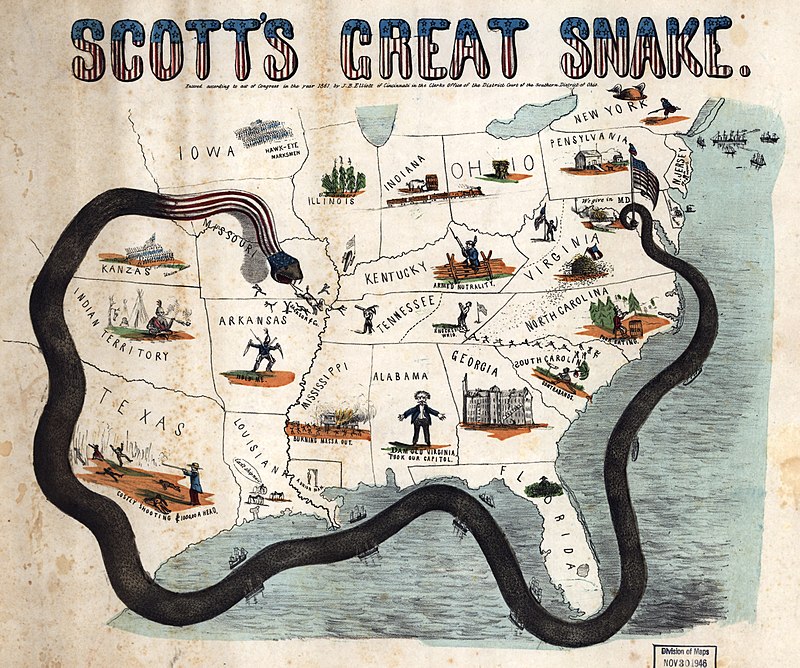






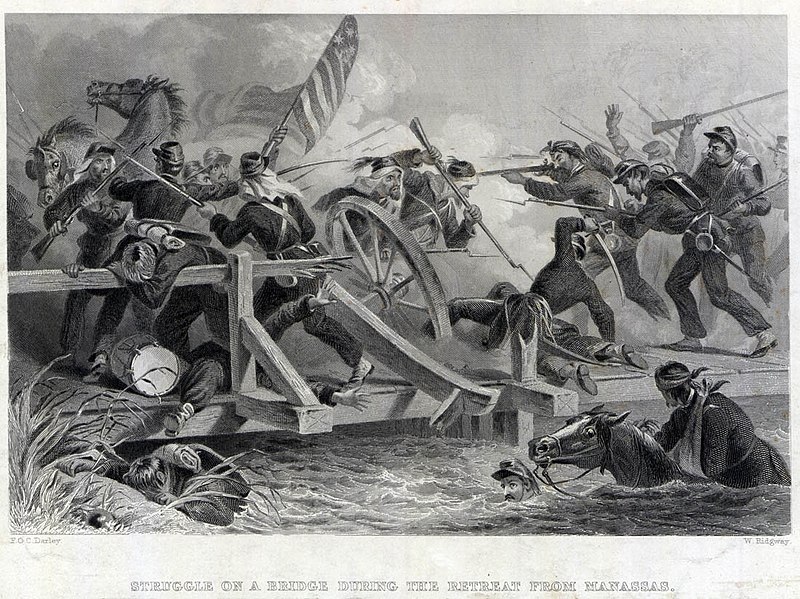




















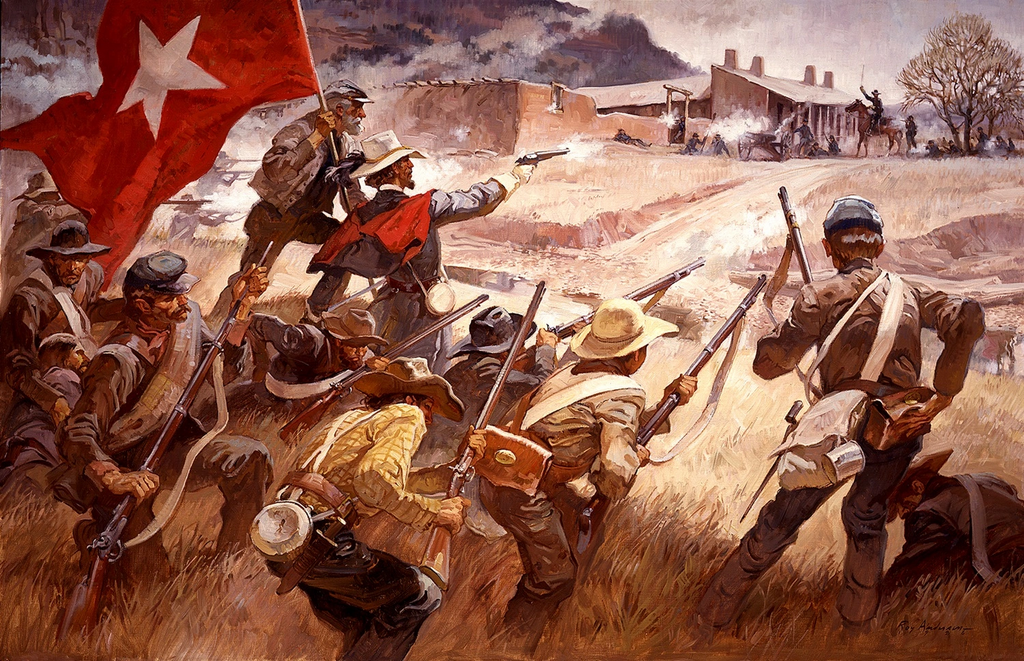





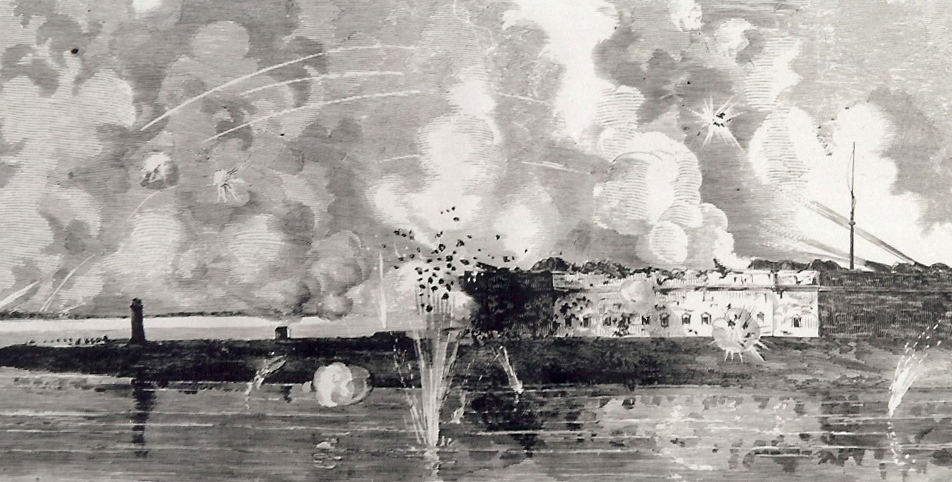

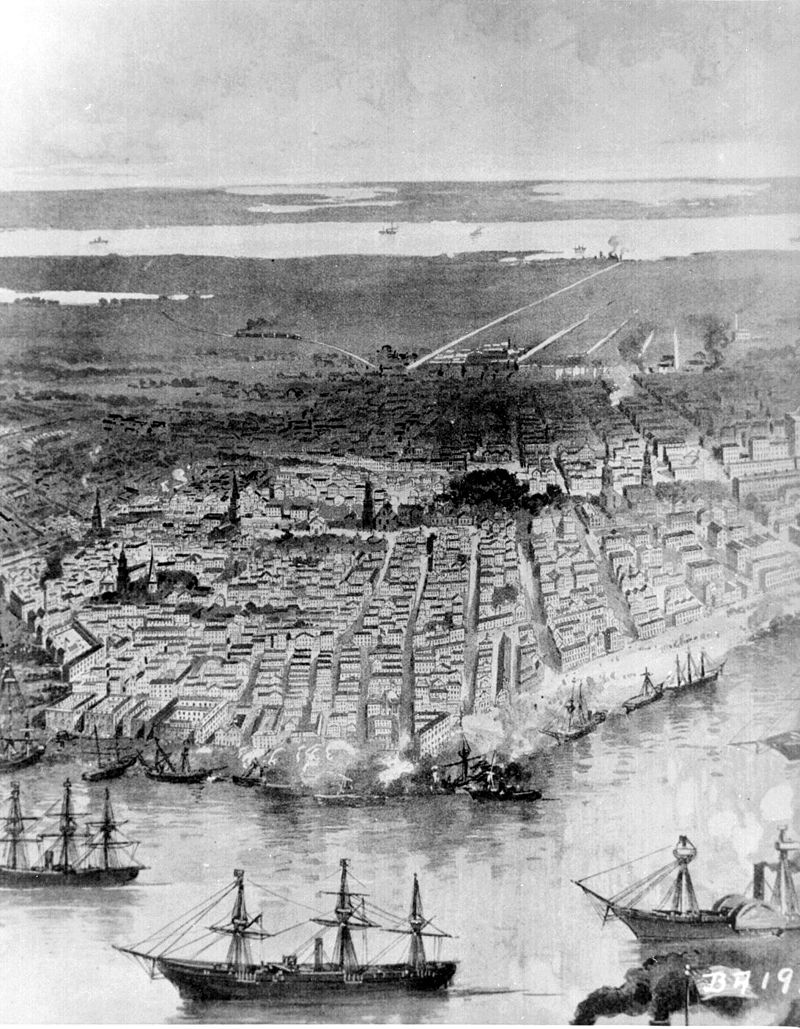



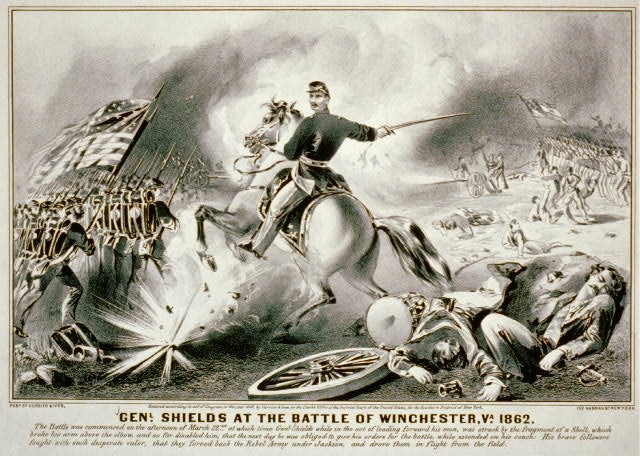



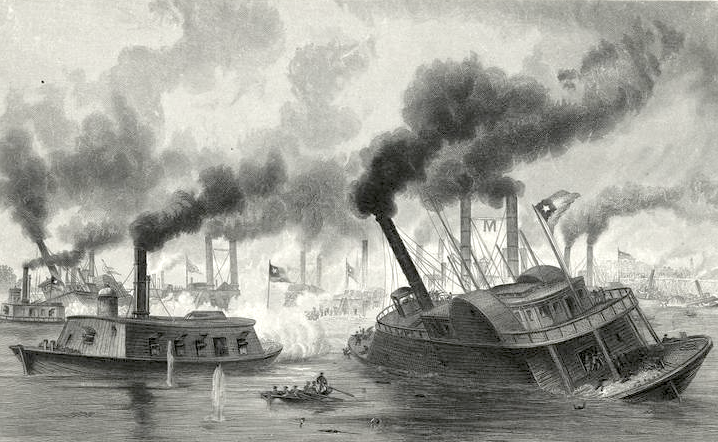






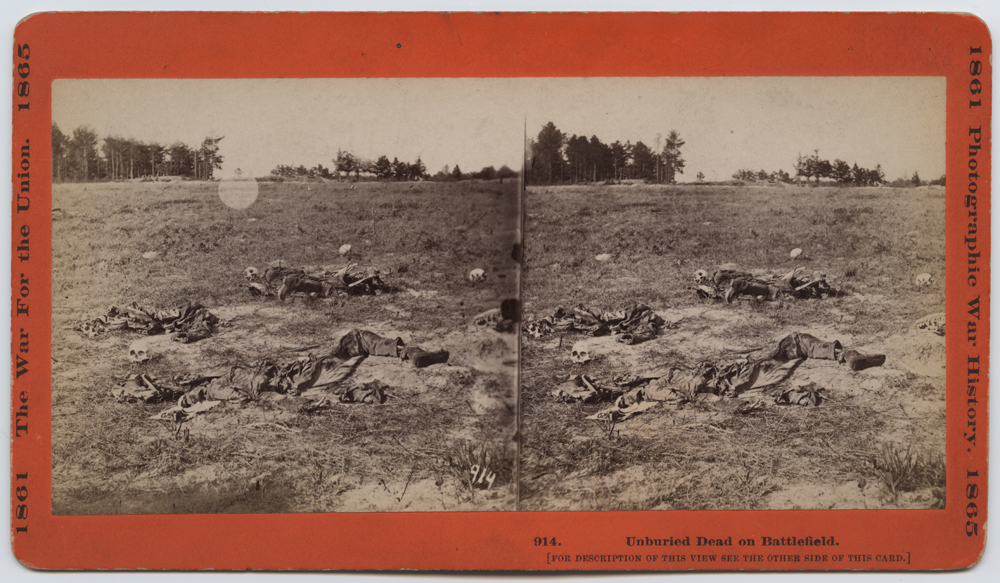
!["African Americans collecting bones of soldiers killed at Cold Harbor (by John Reekie; issued as Stero #918, April 1865).[20] Note part of a series:[21]](https://upload.wikimedia.org/wikipedia/commons/thumb/4/4f/Cold_Harbor_burial_party.jpg/800px-Cold_Harbor_burial_party.jpg)



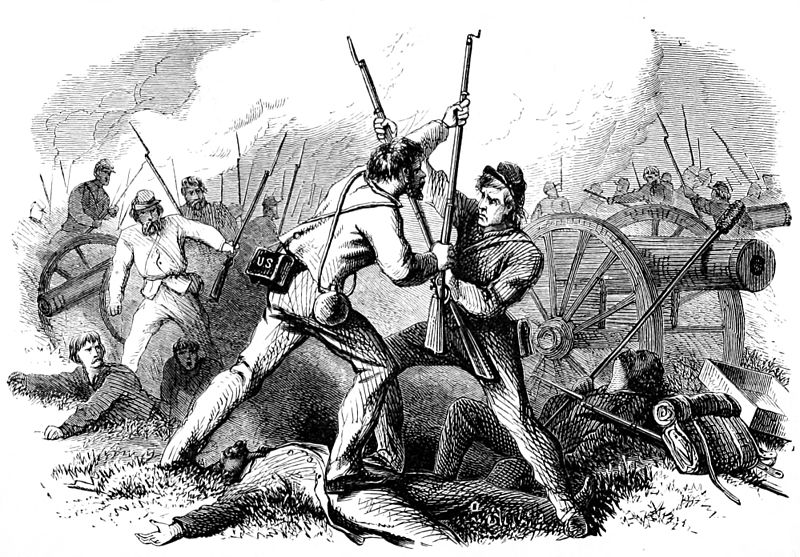













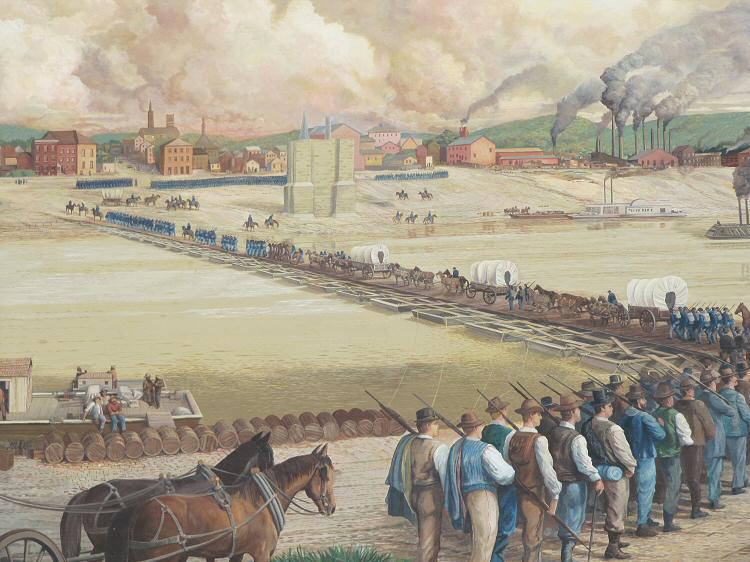





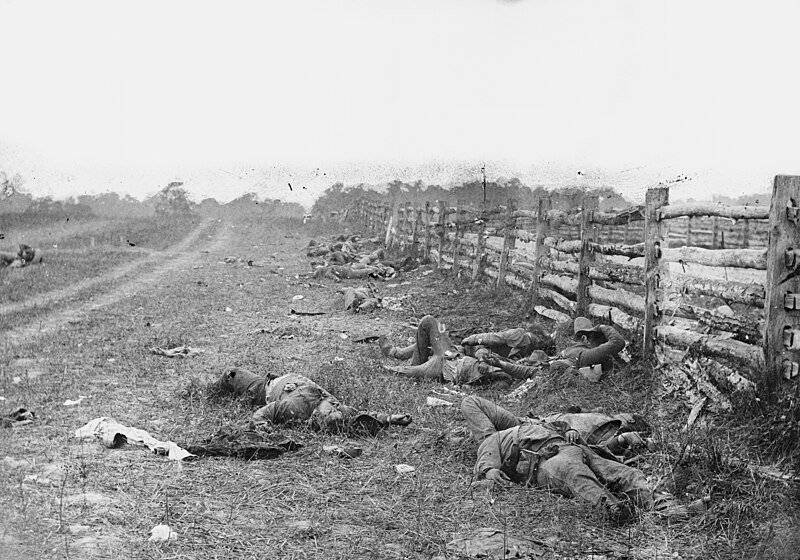





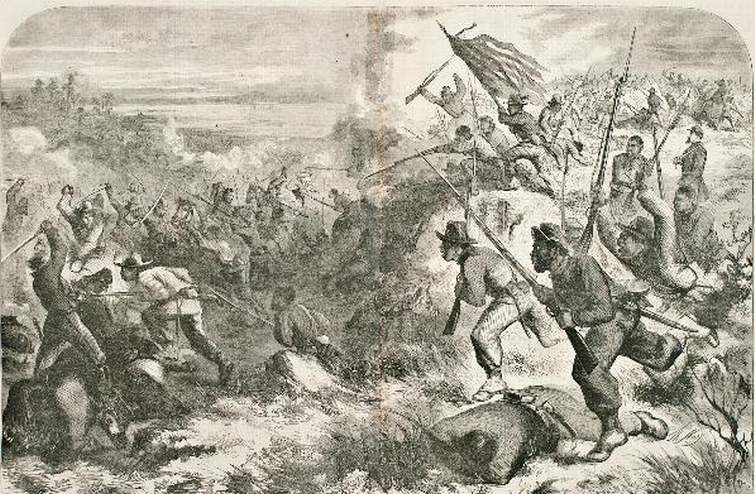








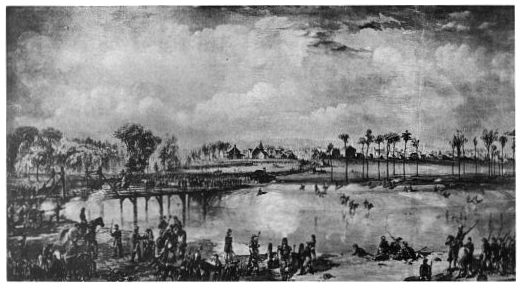













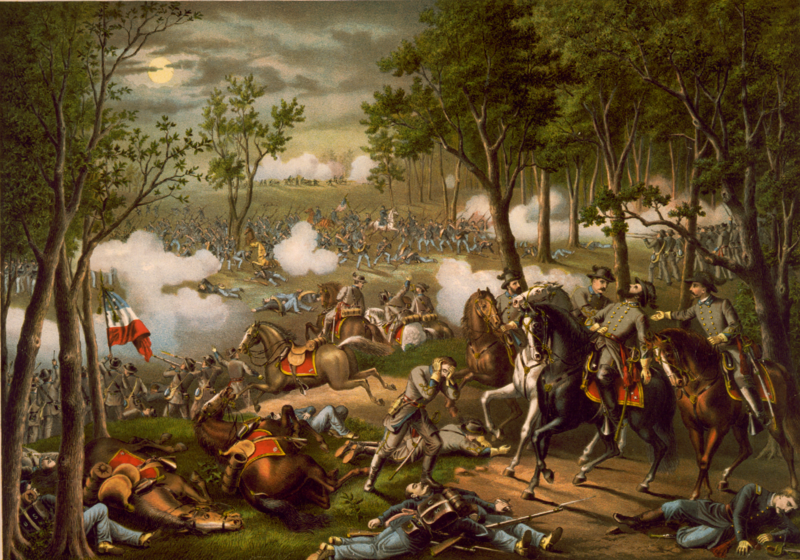










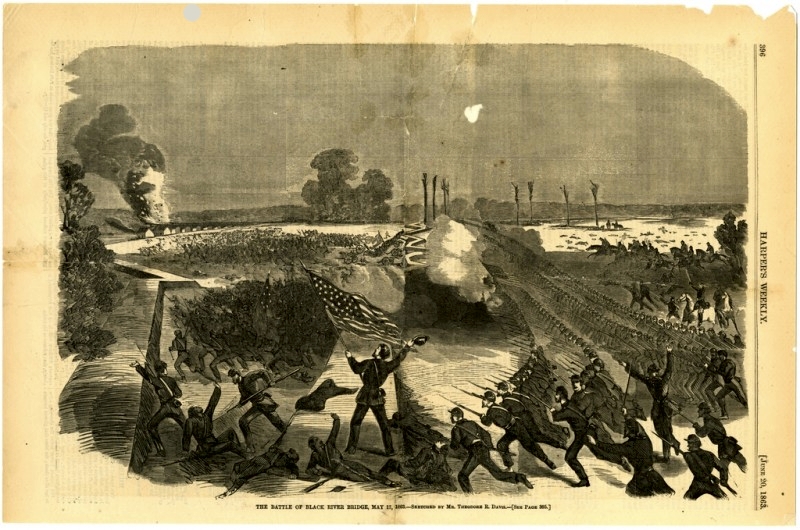






























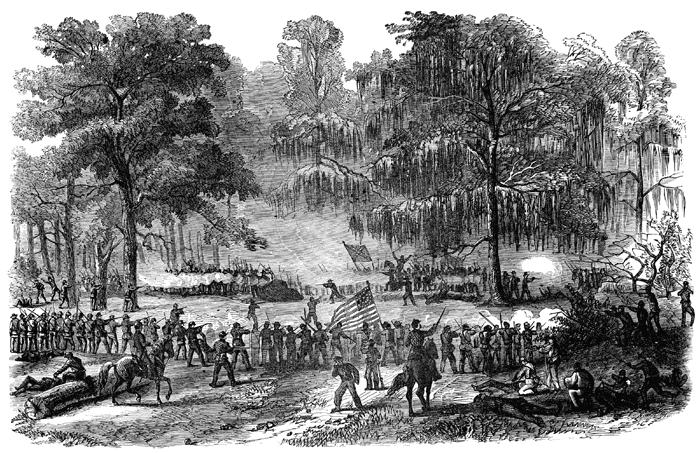








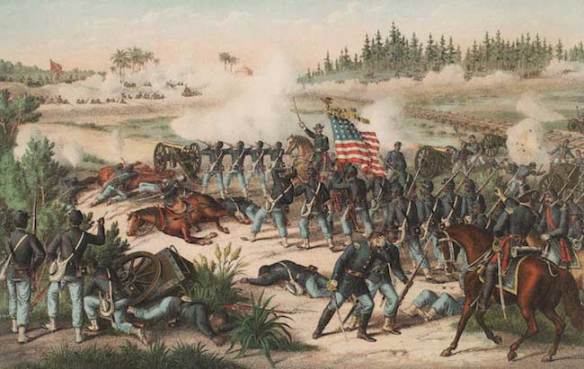






















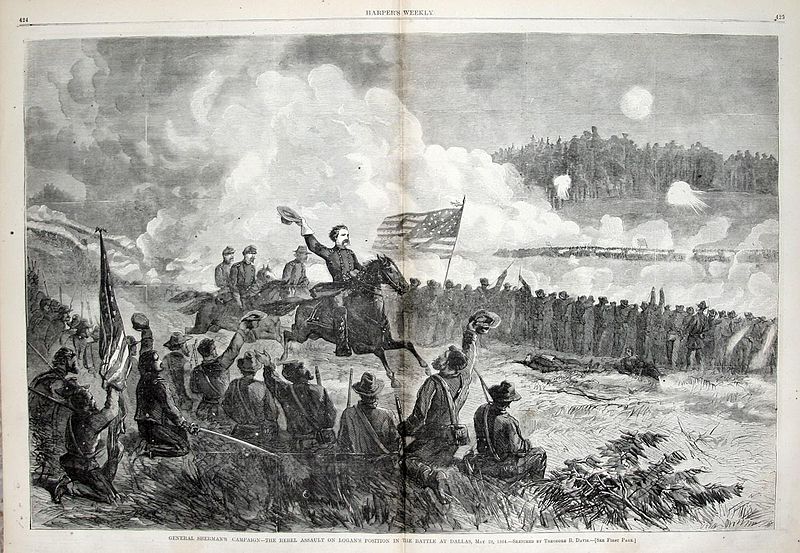













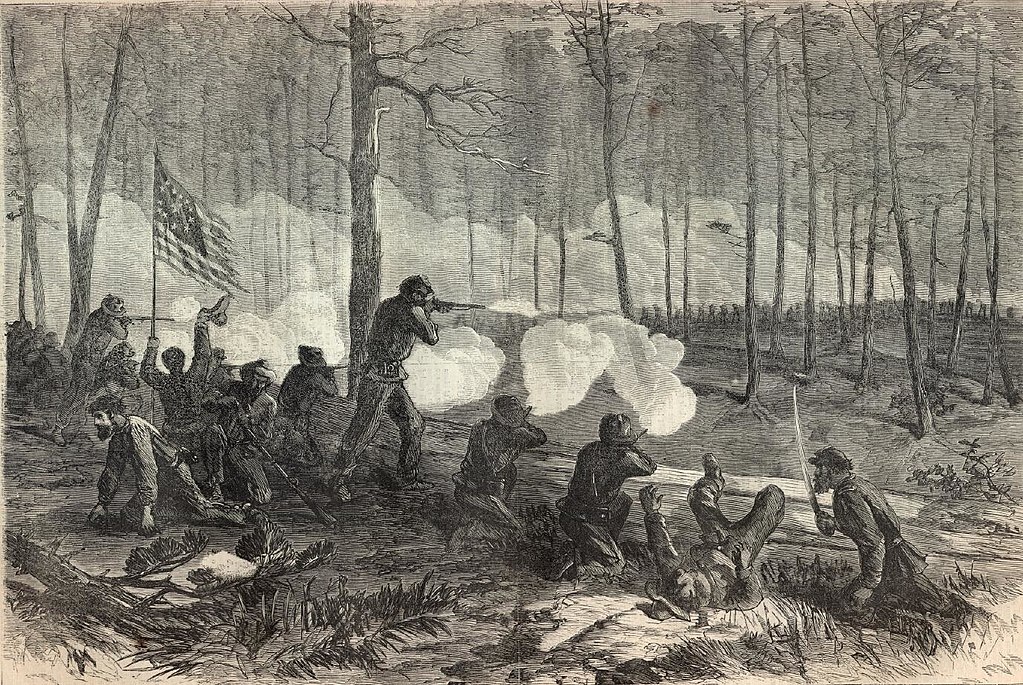



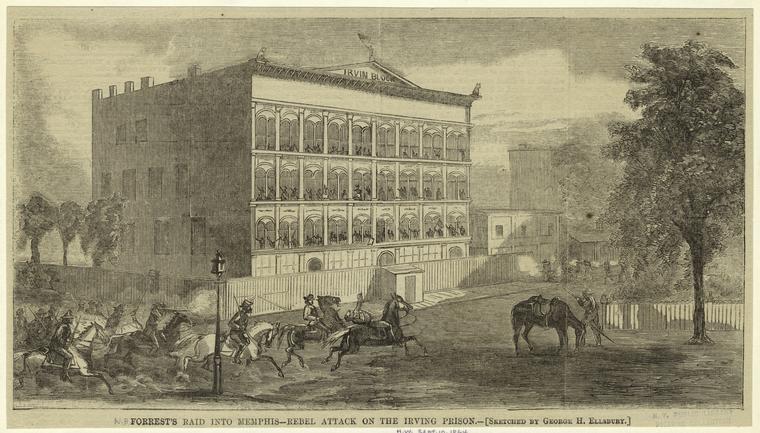
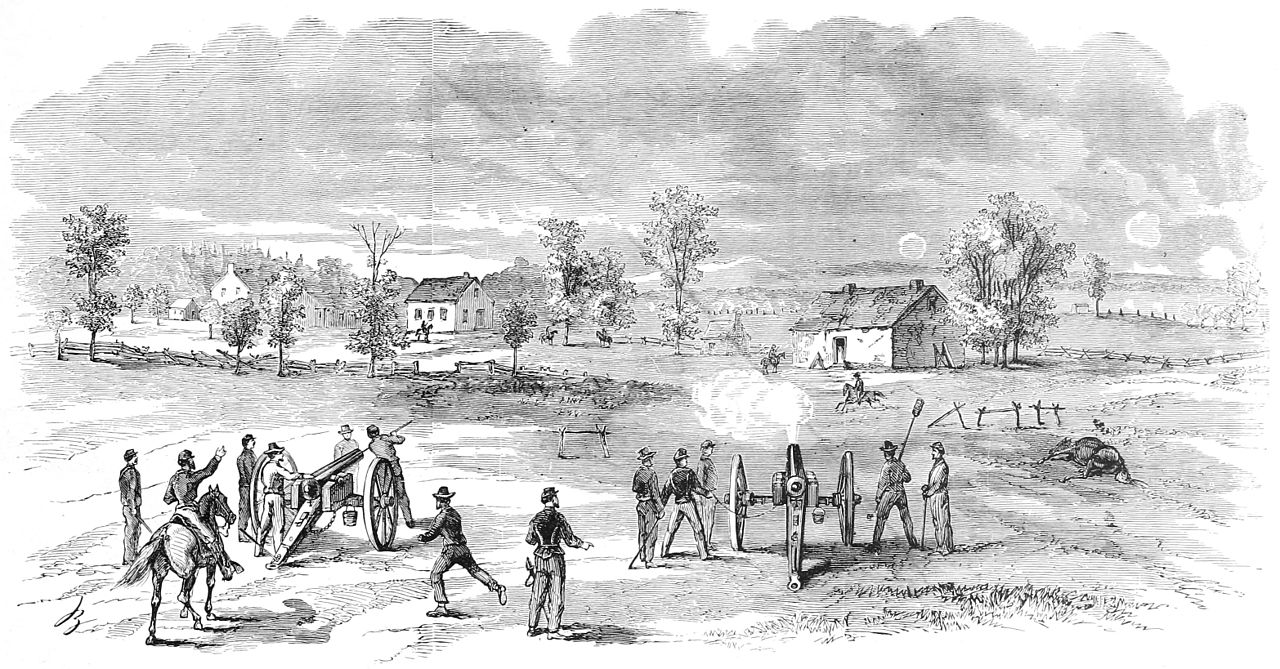




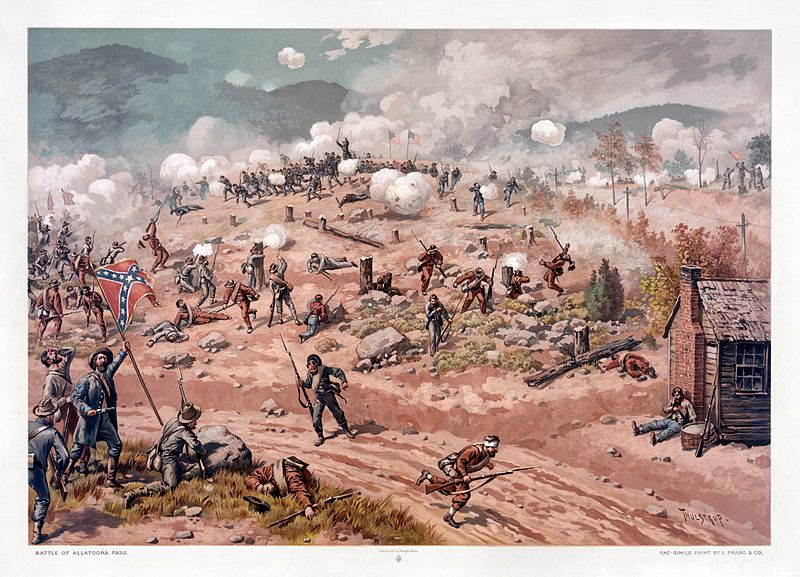



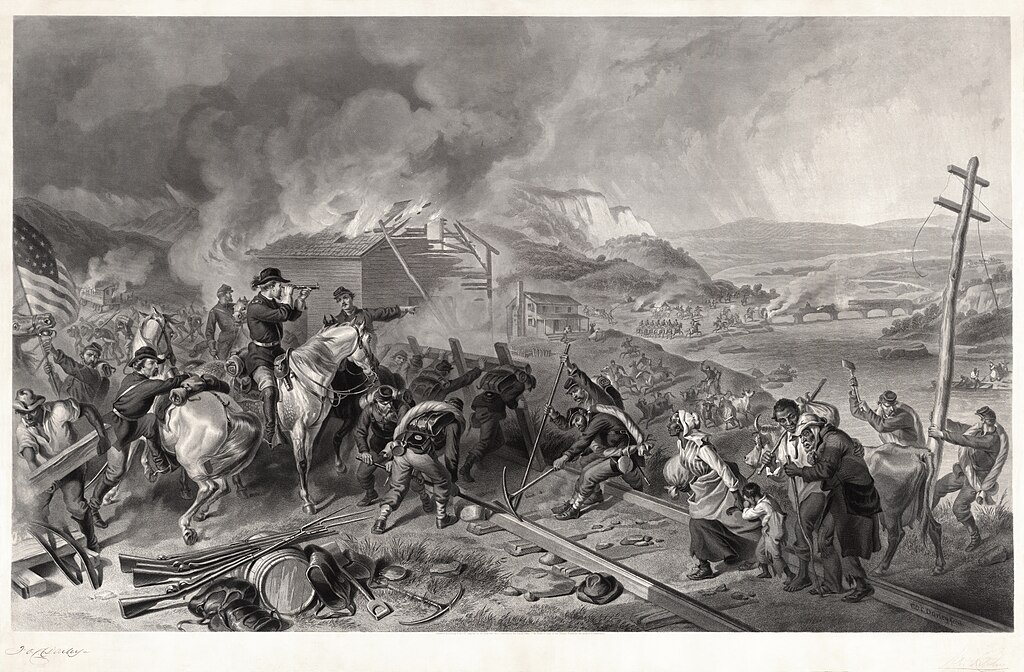


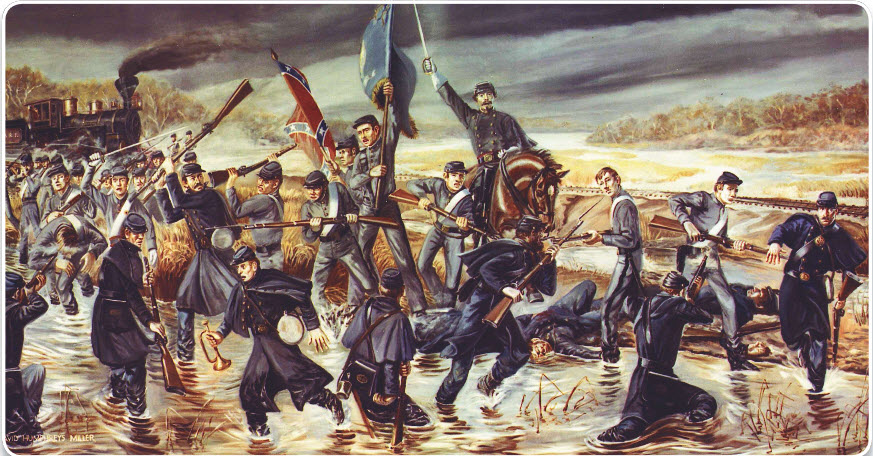

















































































!["African Americans collecting bones of soldiers killed at Cold Harbor (by John Reekie; issued as Stero #918, April 1865).[20] Note part of a series:[21]](https://upload.wikimedia.org/wikipedia/commons/thumb/4/4f/Cold_Harbor_burial_party.jpg/800px-Cold_Harbor_burial_party.jpg)


























































































































































































From early in the history of Christendom, there were five major cities known as “Patriarchates.” Each of these cities had bishops known as “Patriarchs,” who were the five most influential bishops. The five cities were Rome, Constantinople, Alexandria, Antioch, and Jerusalem.
The “Great Schism” was the split in the Church between the East (centered in Constantinople) and the West (centered in Rome). This occurred in 1054 because of multiple factors including the East not recognizing the Pope’s authority. There were many differences between the East and West like separate liturgies and language barriers. In the 300s the balance of power shifted towards Constantinople instead of Rome, with Constantinople even being dubbed “New Rome.” In 381 the seat of authority in Constantinople was declared to have “primacy of honor” after Rome, despite Rome not accepting these decrees.
Anti-Latin sentiment began to spread in the East after the Patriarch of Constantinople Ignatius was deposed for forbidding a man’s communion. A layman named Photius was appointed in only six days, and the Pope sided with Ignatius saying he was unjustly deposed. In 867 Photius declared the Pope excommunicated and guilty of heresy. All Latin churches were closed in Constantinople in 1053 with the East and West splitting officially in 1054.
Emerging as a new dynasty in France, the Capetians began to gain power in 987. Hugh Capet was the first of the Capetians kings. Despite being King of France, he was weak and held the title in name only, being elected the great lords of the realm. The Capetians had three main goals: acquire full control over the area around Paris, bring additional French territory under their control, and exercise control over the lords of large principalities. Surprisingly, the Capetians managed to accomplish all of this by using strategic marriage policies and grabbing fiefs of deceased vassals who lacked heirs. Vassals who were unfaithful to feudal obligations to the king were dispossessed. Two strong Capetians kings who ruled in the twelfth century were Philip I (1060-1108) and Louis the Fat (1108-1137) started this process. Under another Capetian, Philip II Augustus, France became the dominant power in Europe, highly centralized, and developed a sophisticated administrative system.

The First Epistle of Peter was written to the Gentiles, who were sometimes referred to as “strangers.” Specifically, this letter was addressed to Gentiles outside Palestine in Asia Minor in 63 AD.
Reminding them of their inheritance, Peter said it was reserved for them in heaven. Peter instructed the Gentiles to be Holy, strive to be like God. Peter even calls the Gentiles a royal priesthood that are heirs to the promise once given to the Israelites. Telling the people to submit to all authority, Peter said this would show that Christians aren’t seeking power, but righteousness. This would silence ignorant men. Peter assured to not worry if you were persecuted for evil that you did not commit, God knows that you are innocent, this happened to Christ too. Suffering for doing good brings riches in heaven, but avoiding the evil ways of other Gentiles, Peter reminded them that they used to be like the sinful people around them.
Written earlier than most of Paul’s Epistles, James wrote his Epistle in the late 40s. Temptations make Christians stronger by trying our faith and producing patience, James said. Pray not for vain things, but for wisdom and God will grant you it. James also corrected the mistake that temptations come from God, but from inside men’s hearts. Despite not being common practice at the time, James said to treat a rich man like you would a poor man. James also noted that faith without works is dead.
In the New Testament, God was sovereign and was the source of all positive sanctions. Jesus was the Son of God, but also served mankind, He was the agent between God and man. The disciples were given the power to heal and exorcise by Jesus. In Galatians Paul says that the world is bondage to sin, Christians are people who aren’t in bondage but can still fall back into it. In I Timothy, Ephesians, Romans, and Galatians lists of condemning sins that need to be repented are given. Stated in Romans, God’s wrath is not only brought upon men by eternal damnation but also on earth and on judgement day.
During the early Church Christianity was spread quickly by word of mouth and the Gospels and Epistles were read in meetings. Another way of the Gospel becoming more known was singing, which made it easier to remember. When Epistles were sent to individual Churches or people, the manuscripts were copied and distributed. Peter said that there was a culture war between Christians and Pagans. Classical culture is about vanity, Church members were required to build a separate culture.